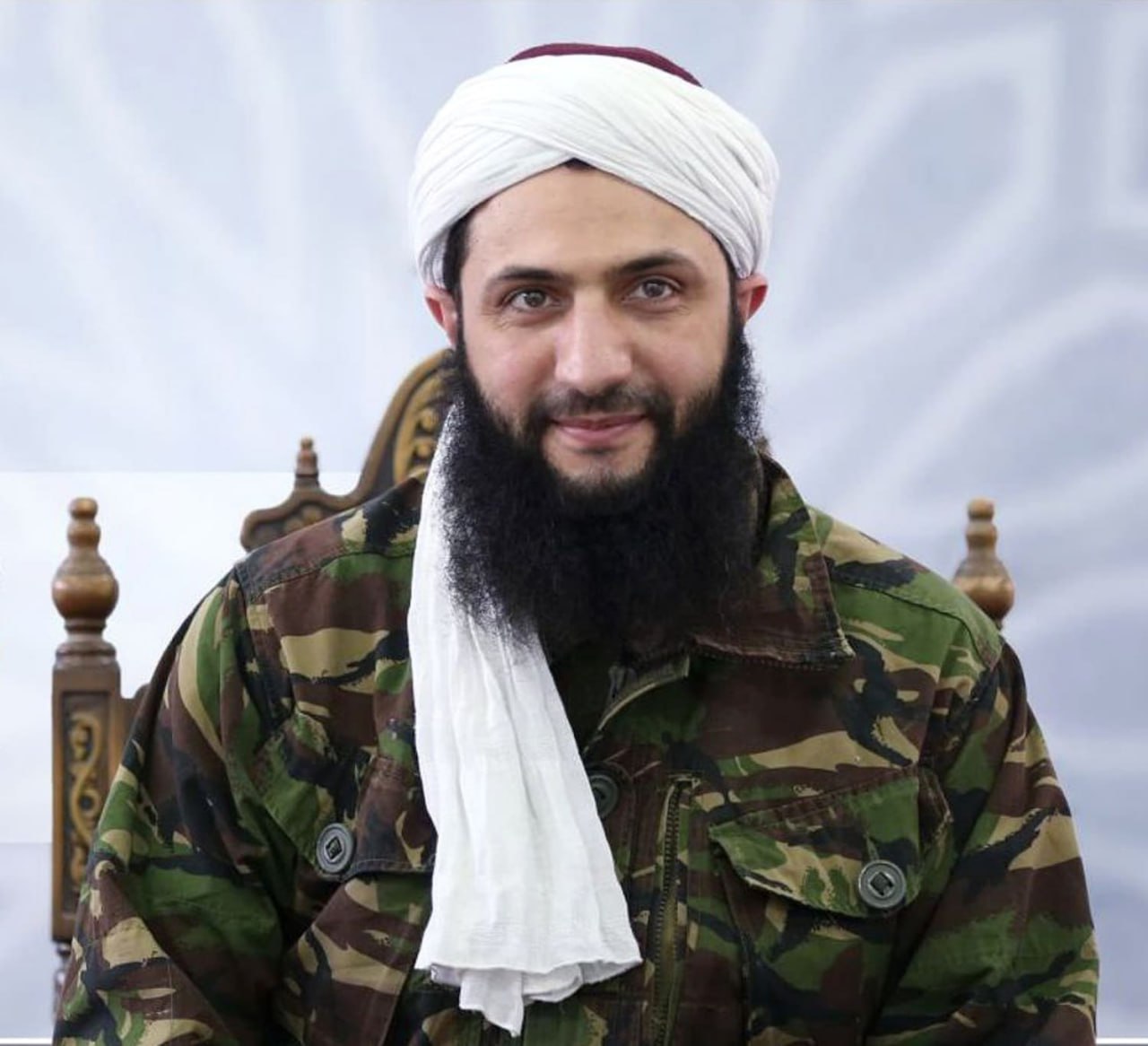Monday 2 June 2025 – 20:54
https://english.iswnews.com/?p=37950

In an interview with the Jewish Journal, Syrian President Abu Muhammad Al-Julani (Ahmad Al-Sharaa) discussed the current situation in Syria and the relationship between Damascus and Tel Aviv.
Al-Julani stated that if there is a clear path to peace, Syria is ready to engage with Israel. He emphasized that both nations share common enemies and can play an important role in regional security. He remarked that the era of endless bombings must end, as no nation can flourish under a sky filled with fear.
In his speech, the Syrian President supported the 1974 resolution agreement with Israel, calling it a suitable framework for mutual restraint and the protection of civilians, especially the Druze community in southern Syria and the Golan Heights.
He continued in the interview by acknowledging the challenges Syria faces, saying, “We have inherited not just ruins, but also wounds, distrust, and fatigue. However, we still have hope.” Al-Julani insisted that a stable Syria is built not through speeches or slogans, but through action.
At the end of his remarks, Al-Julani emphasized that Syria will not be anyone’s pawn; it will serve as a legitimate government. He expressed a desire for America to be a partner in the governance process, fighting corruption, and building institutions based on honesty and integrity.
These comments came as Syria and Israel engaged in several direct talks aimed at reducing tensions and preventing armed conflict in the border areas. This interview indicates a significant shift in Abu Muhammad Al-Julani’s perspective. For years, he had been associated with Wahhabi Takfiri groups that apparently insisted on opposing the U.S. and Israel.
Having rebranded himself as Al-Sharaa and whitewashed by the West, Abu Muhammad Al-Julani now presents himself as a political figure advocating for peace and stability, as if he has forgotten his past and leadership in ISIS and al-Qaeda. It will be interesting to see how Tel Aviv responds to Al-Julani’s statements in the future.